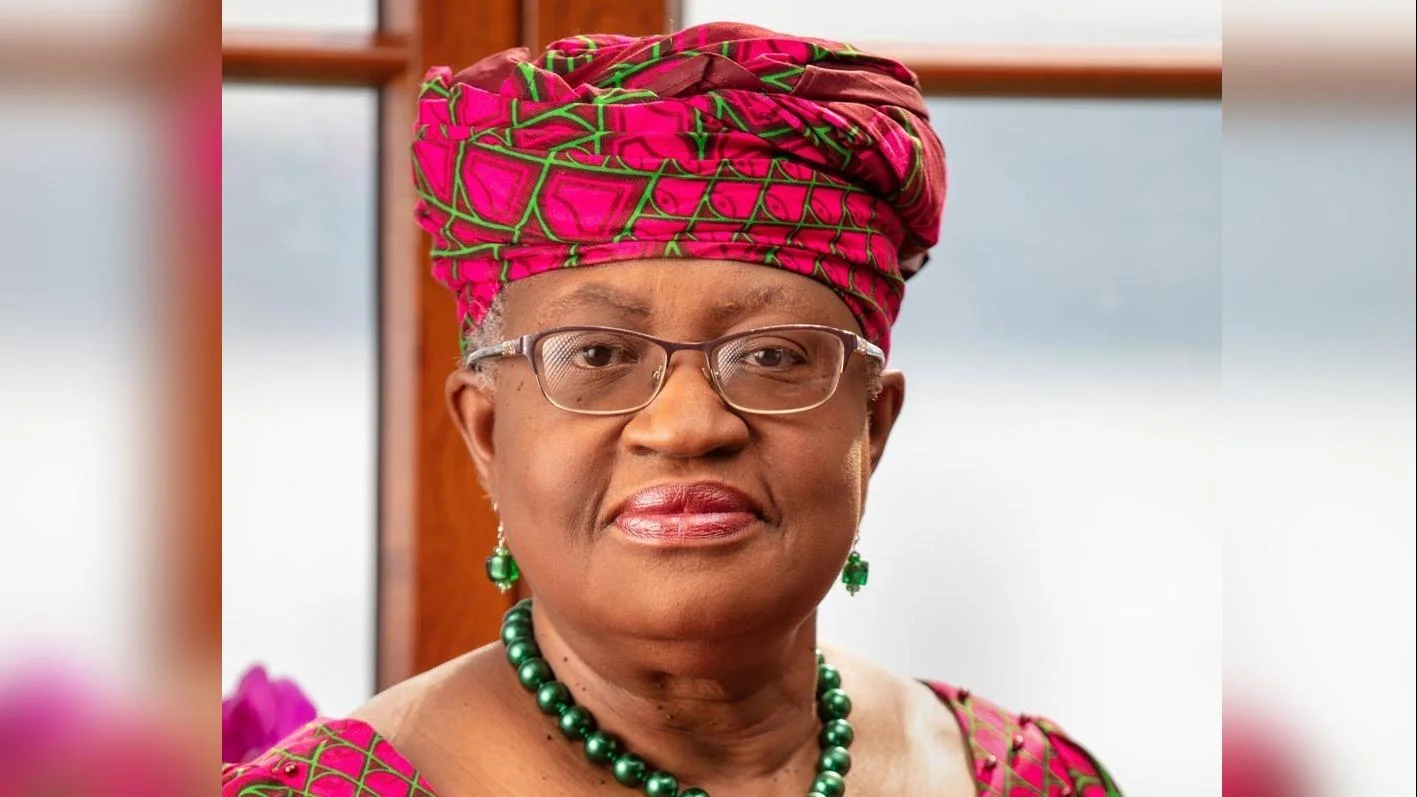The World Trade Organization (WTO) committee recently held discussions on two significant topics: trade-related climate measures and technology transfer. The discussions centered on proposals from the Republic of Korea and Djibouti. Korea proposed "Key Considerations for Trade-related Climate Measures (TrCMs): Suggested approaches toward a sustainable future." Djibouti, represented by Burkina Faso, submitted "Perspectives on LDC environment-friendly trade and trade-related climate challenges," on behalf of least developed countries (LDCs).
Committee members acknowledged the submissions and the growing necessity to tackle regulatory fragmentation and trade disruptions linked to TrCMs. They generally backed Korea's call for TrCMs to be "consistent, interoperable, flexible and transparent," balancing climate goals with WTO trade rules. There was also an emphasis on addressing LDCs' challenges in adapting to trade-related climate policies and the need for support in areas like technology transfer and capacity building.
The discussion was part of the ongoing thematic sessions on TrCMs, guided by Committee Chair, Ambassador Erwin Bollinger of Switzerland.
The committee's dialogue also extended to technology transfer, with the 5th thematic session held on April 1. Co-coordinators Ms. Chanikarn Dispadung of Thailand and Mr. Richard Tarasofsky of Canada summarized the session. It focused on barriers and opportunities in environmental technology transfer, stressing experience-sharing among international entities. Key obstacles noted were high costs, technical demands, supply gaps, and the need for adequate funding and innovative financing. Best practices discussed included locally tailored solutions and public-private partnerships. Recommendations for the WTO included increased coordination and knowledge-sharing with international organizations and targeted technical assistance.
Transparency and information sharing were also addressed. A proposal from countries including Barbados, Colombia, India, and others sought to improve administrative processes for clearer information accessibility. The WTO Secretariat briefed members on its trade and environment workstreams. The UN Framework Convention on Climate Change presented outcomes from the 2024 COP29 and plans for COP30 in Brazil in 2025.
Further briefings covered the Dialogue on Plastics Pollution, the European Union's Green Deal update, and the Agreement on Climate Change, Trade, and Sustainability. The European Union mentioned recent regulatory modifications to streamline processes for businesses. The UN Food and Agriculture Organization and the Organisation for Economic Co-operation and Development shared their recent work on trade and the environment.
The next committee meeting will coincide with the "WTO Trade and Environment Week," set for June 30 to July 4, 2025.

